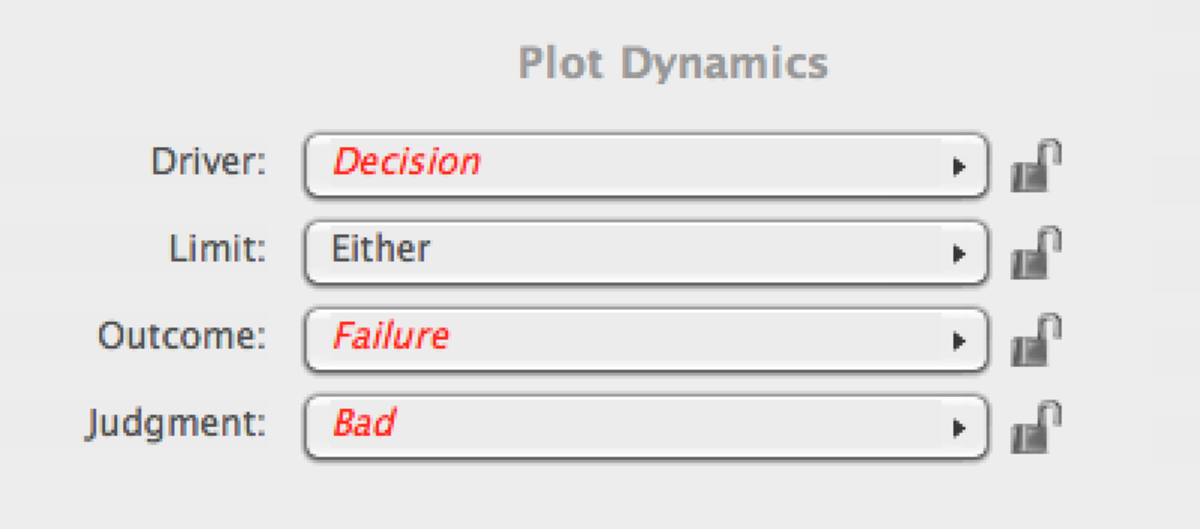How to Save Yourself Weeks and Months of Rewriting
Accelerating your TV series development journey
Want to know how to save hundreds of hours, possibly years, in terms of development time for your television series?
This morning I looked over a client's plan for her four-season television series. The brief loglines were clear and full of dramatic potential:
- Season One: In the Dark Ages, a discovery of the lost art of swordsmanship leads four teenagers on a journey of self-discovery and what is required to be a true knight
- Season Two: Successfully acquiring the skills, they fight in justice and apprehend evil, securing a place for themselves at the Table. But at the cost of shutting themselves from one another.
- Season Three: Alone and spread out, they each begin to discover a New Way—a way that would unite all within the next generation. Only the Elders stand in their way and silence them.
- Season Four: They retreat and work to create a small circle of compatriots and like-minded folk. Day by day they do their best to inspire others to walk into the Light.
I changed the genre/subject matter to protect the innocent, but maintained the narrative movements of each individual season.
Can you pick out the Act order? She wrote this without the aid of Dramatica, but the Transits are clear as day:
- Season One: Learning about the Lost Art
- Season Two: Apprehending Evil and Securing a Seat
- Season Three: Understanding a Different Way
- Season Four: Retreating and Working
Learning. Obtaining. Understanding. Doing.
Pretty incredible, right? That someone would naturally, instinctively, craft four seasons that hit the four Types found under the Activity Domain in the Dramatica Table of Story Elements. It's almost as if there is this concept of the Storymind that each and every one instinctively gravitates towards.
Unfortunately, that Act order is not permissible in the current version of Dramatica. The application won't let you choose that order It could be that this plot progression would work under a D-based or T-based system, but the model we have now is K-based—or Knowledge based.[^model] And you can't progress through a narrative by starting with Learning and ending with Doing.
It simply doesn't make sense.
Unless you switch Understanding and Obtaining, but that doesn't feel good. In fact, the last half where she moved from Understanding to Doing is the best and most meaningful part. Why change that?
Order Creates Meaning
What kind of feeling did you get reading those four loglines? Did you feel like it was a robust, happy ending where everything worked out for everyone? Or did you feel like maybe things didn't turn out so well and the kids ended up doing the very best they could with what they had?
To me, it felt very bittersweet, almost tragic in the way they succeeded but then ultimately understood a different way and retreated back into themselves. I feel down when I read those four loglines, and you want to know something crazy?
So does Dramatica.
The red Story Points signify those points of narrative that Dramatica predicted should be there in order to fit in with the Act order I chose elsewhere. An Objective Story Throughline in Activity with Understanding in the 3rd Transit and Doing in the 4th Transit forces the narrative into a tragic ending: Failure/Bad.
And isn't that what the story feels like?
This is an incredible example of how order carries with it meaning. Other models of story and paradigms of narrative might play with the order of events as if it is only the steps that matter—not the order in which they appear. Dramatica sees things differently.
A happy triumphant lark like Star Wars or The LEGO Movie carries with it a specific order of thematic considerations to bring about that Success/Good ending. Contrast that with the sad and depressing tragedies one finds in stories like Hamlet or Sicario. The order of thematic events will be drastically different.
Knowing that her series arc ends in tragedy before she even writes the first word is an incredibly powerful thing to know. Imagine the weeks of rewrites and panics she would have felt two years in…
[^model]: If you look in the upper left hand corner of every Domain you will find Knowledge seated in the same position. This is on purpose and helps signify to you the kind of bias present in the model.
Download the FREE e-book Never Trust a Hero
Don't miss out on the latest in narrative theory and storytelling with artificial intelligence. Subscribe to the Narrative First newsletter below and receive a link to download the 20-page e-book, Never Trust a Hero.


